The Dreaded Question
Midway through a session last month, one of my students asked me “Why do I need to know this?”. It wasn’t out of frustration or procrastination; there was genuine intention behind their question. There are plenty of memes repeatedly circling social media too which question the syllabuses. Iterations of “I don’t know how to get a job but so glad I know the quadratic formula” garner thousands of likes. So, why should students know these topics? Or, alternatively, how can tutors answer this query without panicked improvisations?
It will feature in the exam
This may be deemed a cop out, but I believe ‘It will feature in the exam’ is a valid answer. Whilst the long-term goal may vary, the minimum short-term goal is to pass all upcoming tests. Therefore, every mark you can get to achieve this target is a mark worth getting no matter your viewpoint. Some topics are objectively easier than others, hopefully allowing everyone to understand the subject’s core values. Outside of those, any knowledge you can attain that will help reach higher grades is valuable, despite its perceived relevance.
They may factor into your career
As a child, I had no idea what I wanted to do for a career. At twenty-seven, I have a general direction I want to go in, which has changed since I left University. Who knows where I will be in, say, 2030 for example. My point is that whatever your current passion is may not be the first step nor the final destination. Hence, you never know when these topics could appear in your employment or another academic course. Having some understanding of formulas in your back pocket could then be clincher for an employer.
Transferable skills
The previous point also links in with how important transferable skills are. Curriculums are assembled to encompass all abilities, including those who want to pursue the subject further. However, building a foundation of how to write reports, display information etc., is applicable everywhere. Essentially, the system of learning is more important than the content itself. Although there is no direct involvement within a job description, perhaps the qualities grasped at school will be. Plus, the sooner you get used to completing tasks you don’t want to, the easier life becomes.
To summarise, you may never need to use the circle theorem ever again. Yet, by understanding these concepts alongside others, they will help you achieve short- and long-term goals. There’s an infinite amount of possibilities in life which will utilise these skills – including becoming a Tutor! However, if I haven’t convinced you so far, there is one more important point I can offer.
Answering quiz questions to impress people
You’ve gotten home from a busy day of college/work and the teatime quiz show of your choice is on. Consider a team-bonding session at Christmas, or an ultra-competitive game amongst friends. These are the perfect opportunities to showcase your memory of the periodic table. Insert obscure questions to elevate peers’ impression of you, or even win some money! Of course, don’t forget about the author of this article when the prize money is shared out…

